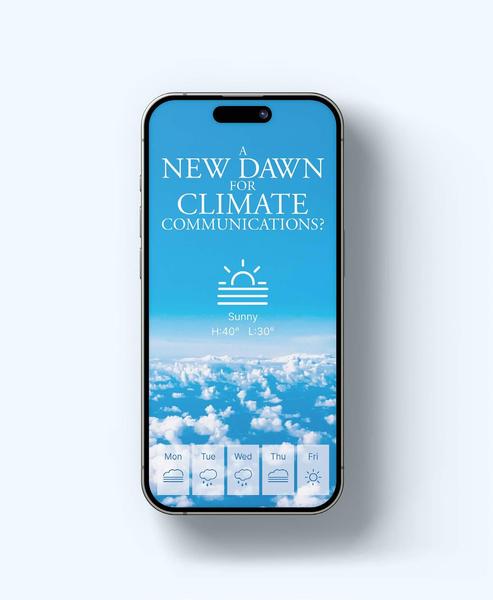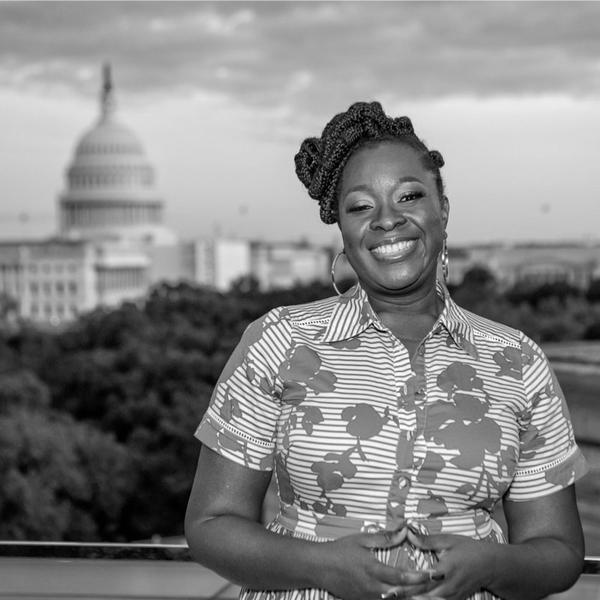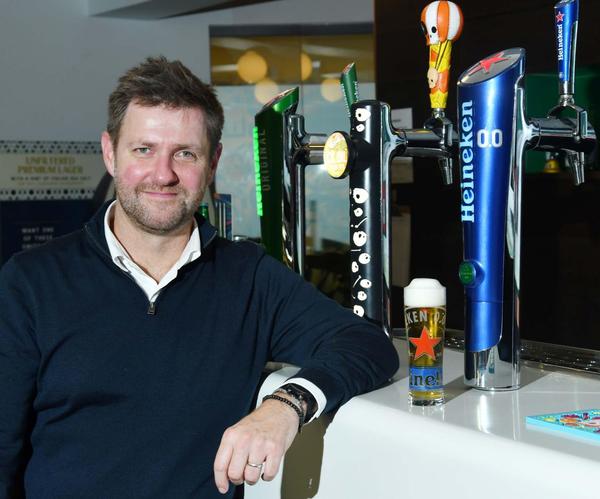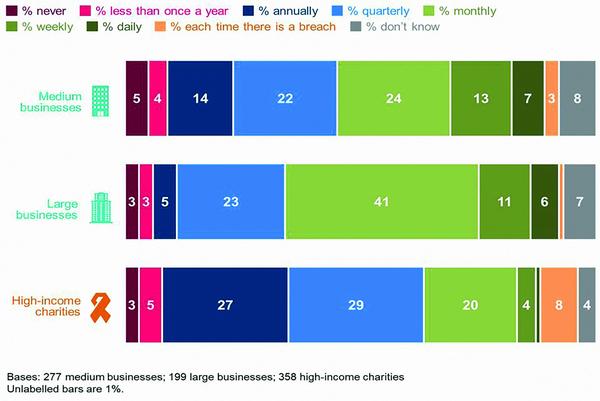
Is the sustainability reporting landscape becoming simpler?
Amid growing concerns over regulatory
burdens on businesses, planned reforms to
laws enacted under the European Union’s
Green Deal have been eagerly anticipated.
As companies have wrestled with the binds of red
burdens on businesses, planned reforms to
laws enacted under the European Union’s
Green Deal have been eagerly anticipated.
As companies have wrestled with the binds of red























